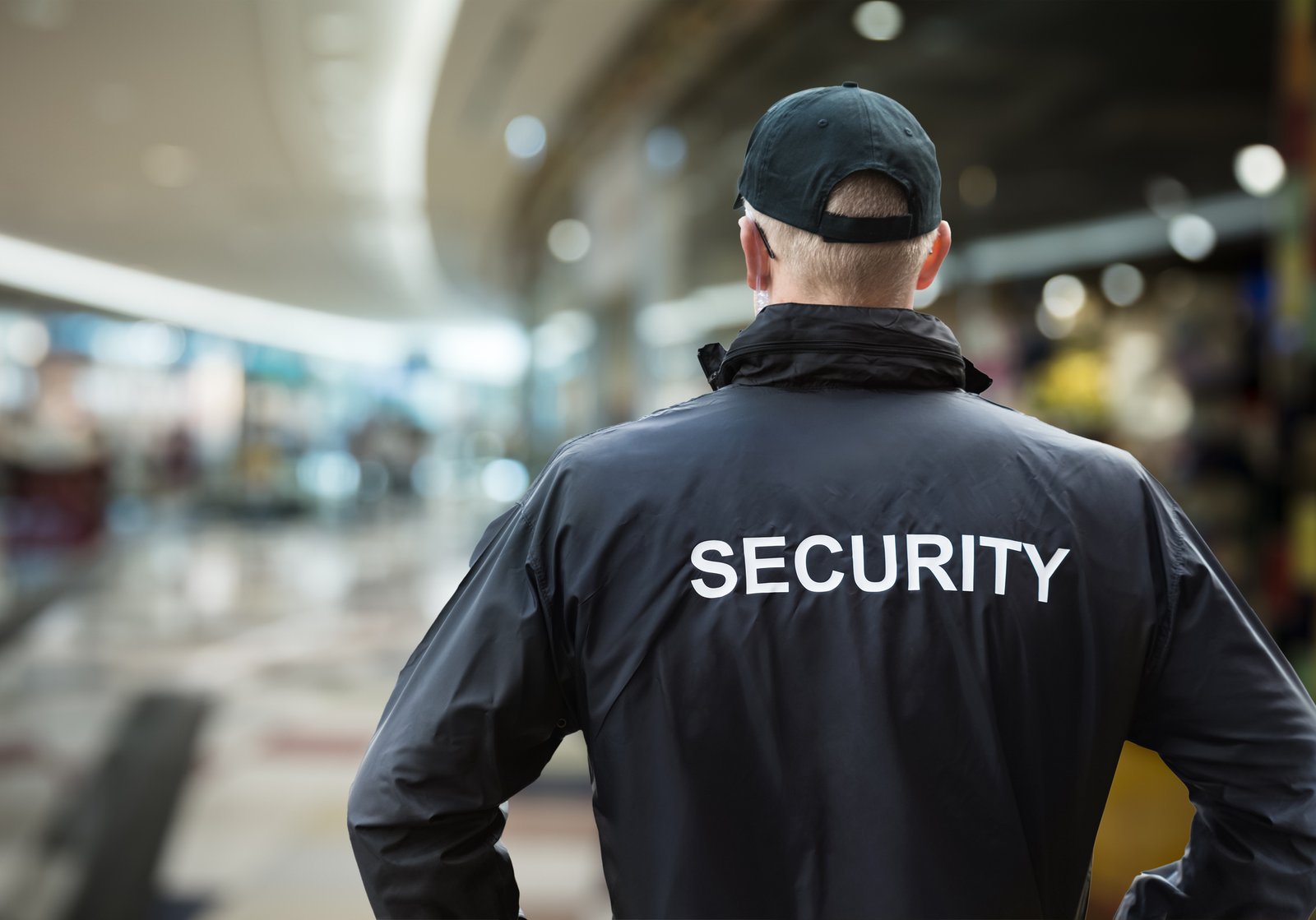Your Complete Guide
In today’s ever-changing threat landscape, traditional security guards may not be enough to protect sensitive sites, high-value individuals, or critical infrastructure. Enter the Protective Services Officer (PSO)—a highly trained professional whose job is to prevent, deter, and respond to high-level security threats.
Whether you’re a business owner, property manager, or part of a public entity in Nevada, understanding the role of a PSO could be the key to dramatically improving your facility’s safety and operational continuity.
What Is a Protective Services Officer?
A Protective Services Officer is a security professional trained beyond the basic standards of a licensed security guard. PSOs operate in environments that require discretion, precision, and advanced threat response capabilities.
Core Responsibilities Include:
- Site surveillance and perimeter monitoring
- Access control and credential verification
- Emergency planning and evacuation procedures
- Incident reporting and threat documentation
- Coordination with law enforcement and emergency responders
- Protection of people, property, and sensitive data
How Are PSOs Different from Security Guards?
While security guards are essential for monitoring and access control, PSOs go a step further. They are trained in:
- Threat assessment
- Tactical communication
- Defensive tactics
- Medical emergency response
- Use of force continuum and de-escalation
Many PSOs are former law enforcement, military, or federal protection agents. Their background allows them to anticipate threats and neutralize risks before they escalate.
Where Are PSOs Commonly Deployed?
Protective Services Officers are typically assigned to:
- Government buildings and courthouses
- Executive and VIP residences
- High-end retail or financial institutions
- Tech campuses and R&D facilities
- Hospitals, universities, and charter schools
- Special events and temporary high-risk assignments
In Nevada, they’re in especially high demand around:
- Las Vegas casinos and luxury hotels
- High-rise condominium complexes (like One LV)
- Dispensaries (such as Planet 13)
- Private educational institutions
What Training Is Required?
To serve effectively, PSOs undergo extensive training, often including:
- Nevada PILB licensing
- CPR/AED & first aid certification
- Firearms qualification (if armed)
- Tactical response and situational awareness drills
- Ethical use of authority
- Surveillance and behavioral analysis
At SeconeSecurity.com, our Protective Services Officers complete scenario-based training tailored to Las Vegas, Henderson, and surrounding areas.
When Should You Hire a PSO?
You should consider deploying PSOs when:
- The risk profile of your property is elevated
- You host frequent VIP guests or executives
- You need discreet but authoritative on-site security
- Your business handles high-value assets or data
- Local crime rates or threats have increased
3 Immediate Ways to Implement a PSO Strategy
- Conduct a security audit with our team to evaluate your site’s vulnerabilities.
- Upgrade staffing roles from standard guards to PSOs where higher threat mitigation is needed.
- Deploy PSOs during high-risk times (overnight, large deliveries, or special events).
Pro Tip
Protective Services Officers with EMT or tactical driver certifications add tremendous value in emergency or executive environments—ask for multi-skilled agents when staffing.
Secure Your Community
Don’t wait until after a breach or emergency to rethink your security.
SeconeSecurity.com offers fully vetted, licensed, and scenario-trained Protective Services Officers across Nevada.
Contact: Joanne Healea
Email: joanne@seconesecurity.com
Phone: 702-276-6979
Website: www.seconesecurity.com
Your people. Your property. Protected by professionals.

